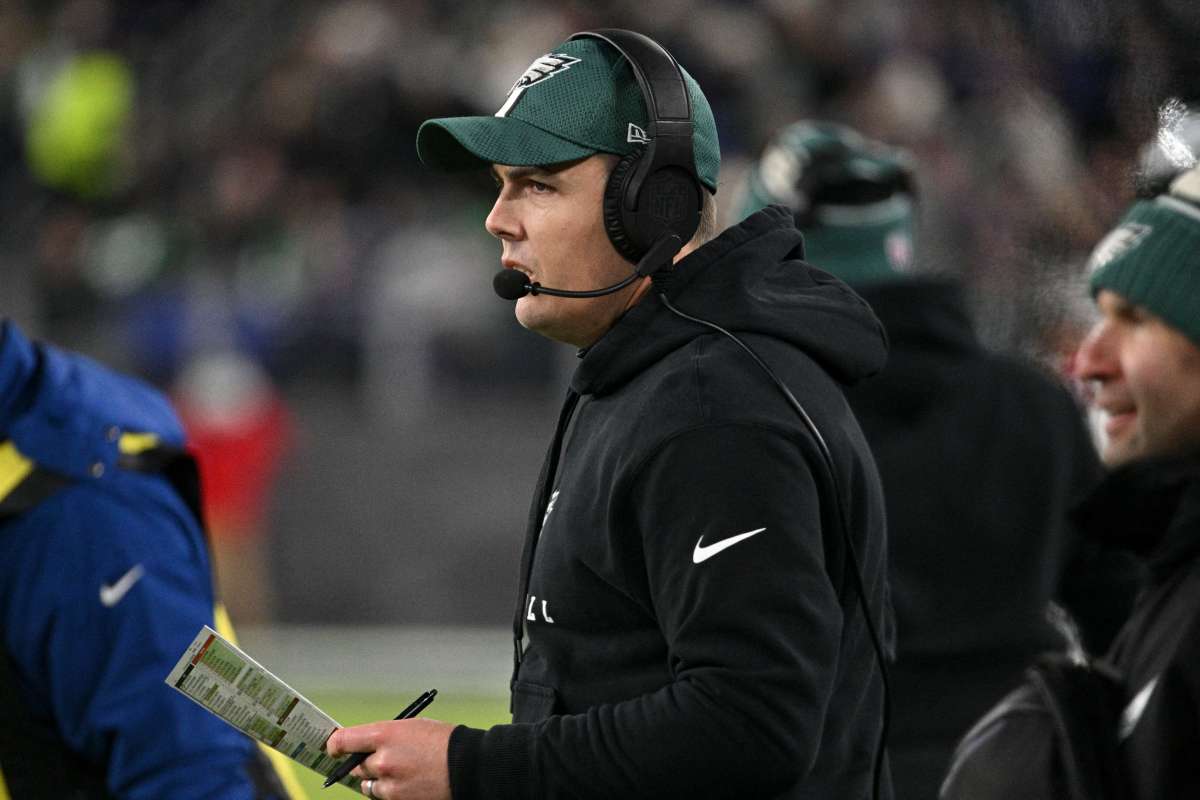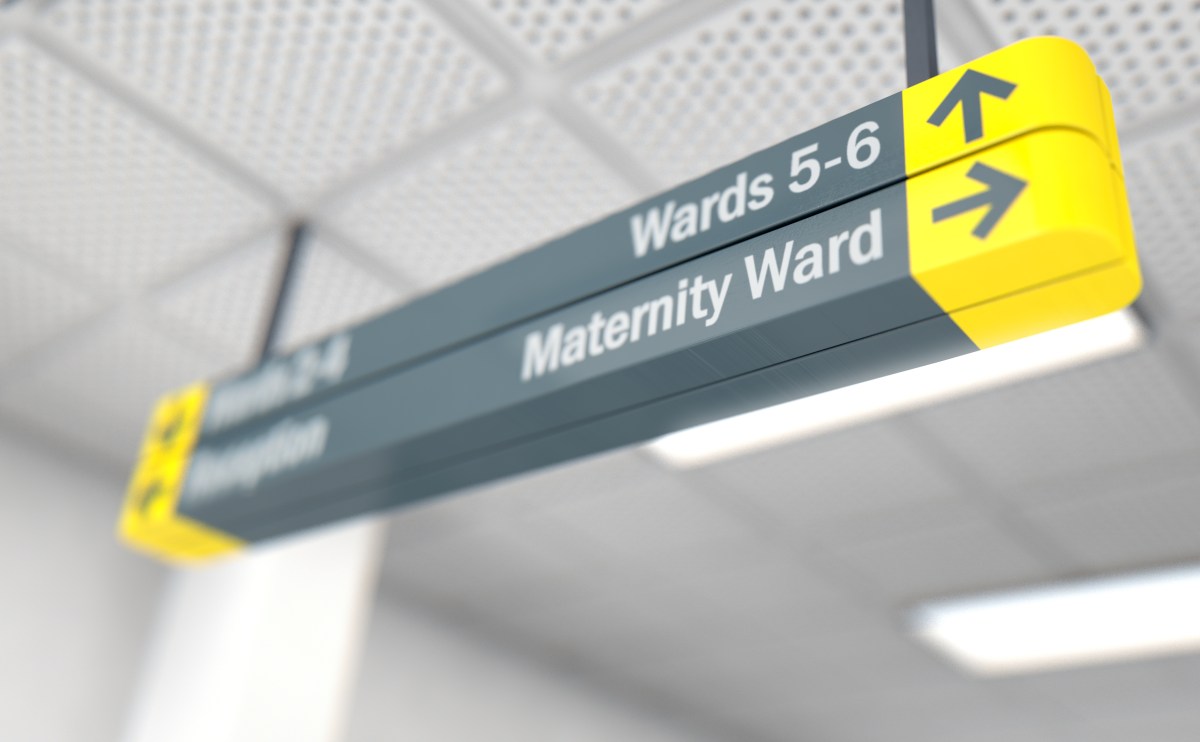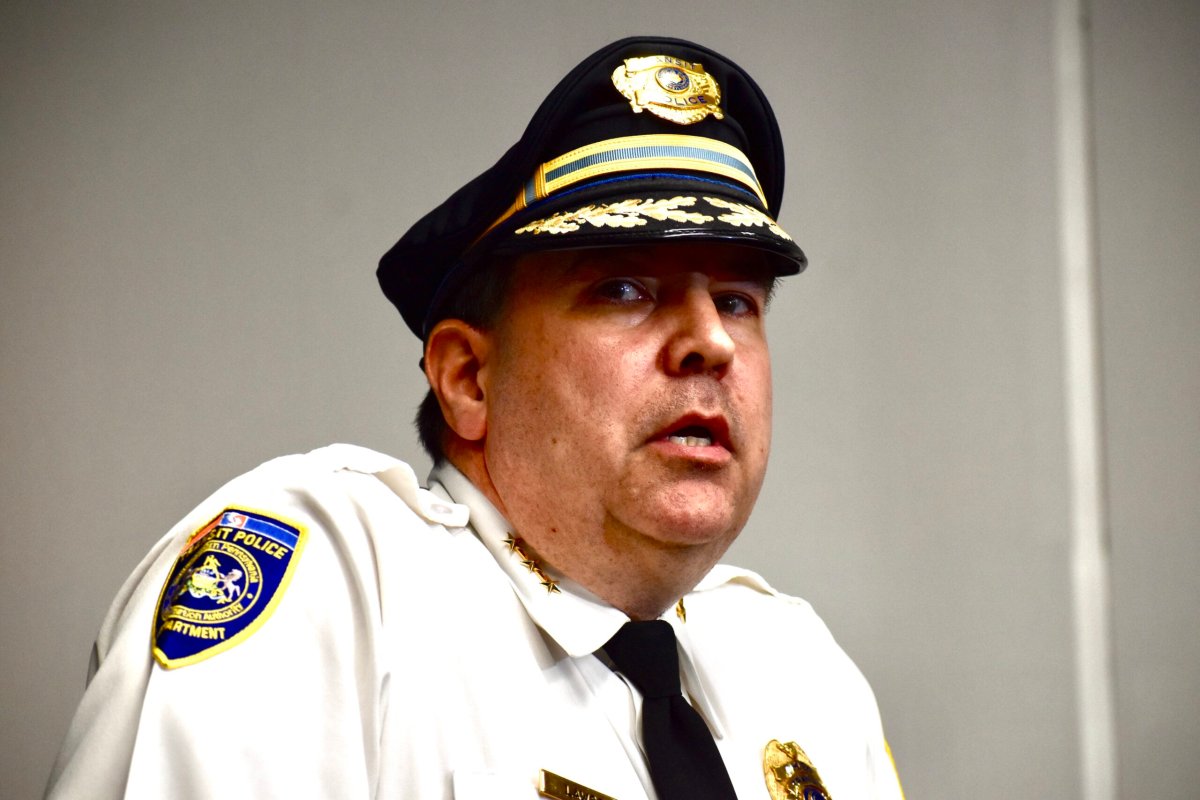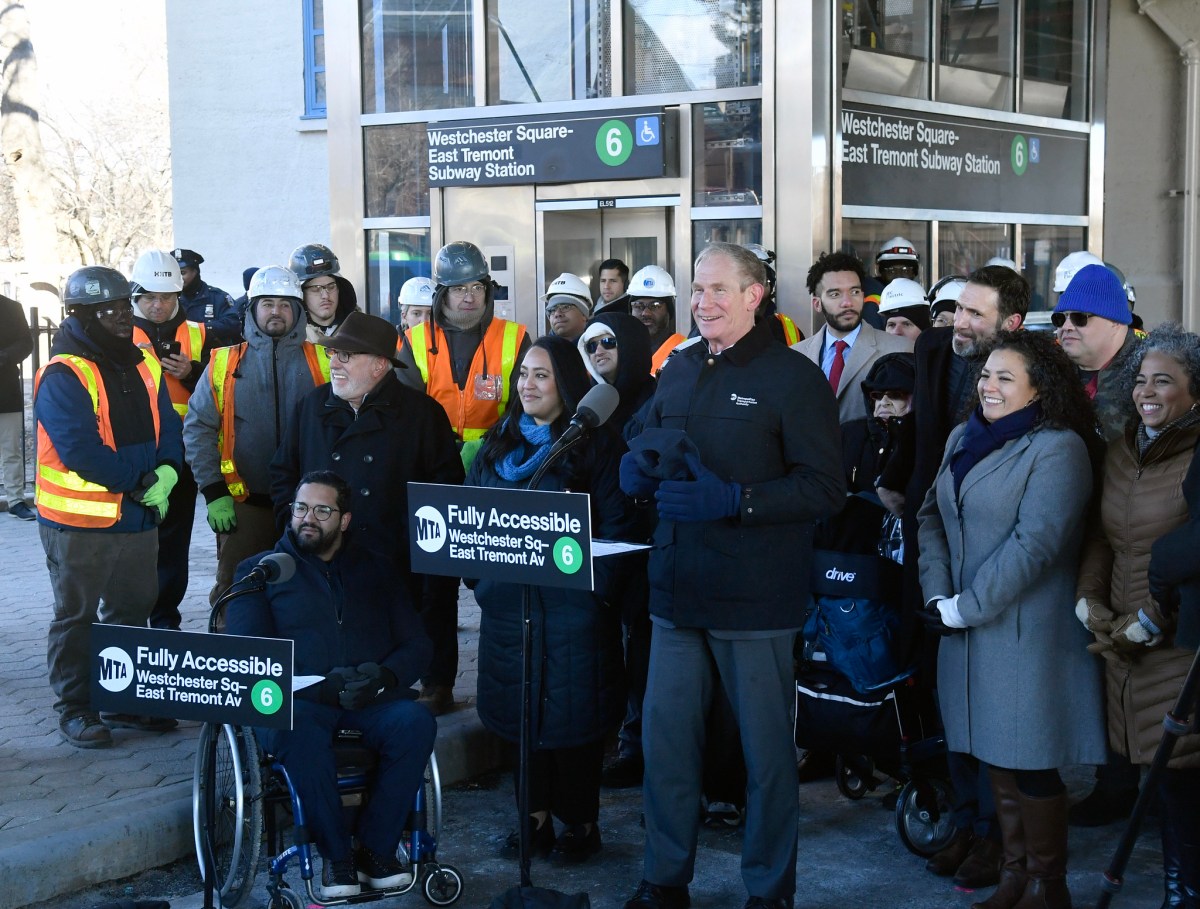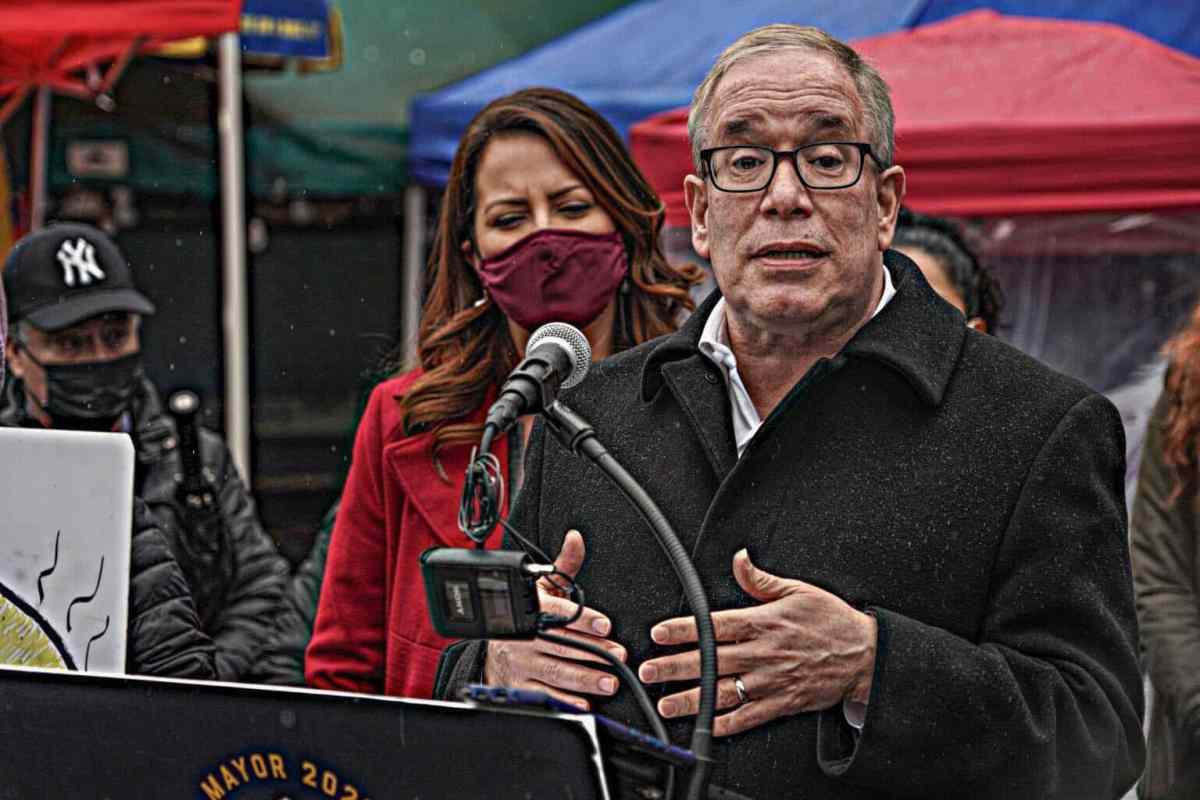By Ian Graham and Conor Humphries
BELFAST/LONDONDERRY, Northern Ireland (Reuters) – Martin McGuinness, the Irish Republican Army commander who laid down his arms to become a major architect of peace in Northern Ireland, died on Tuesday aged 66, drawing tributes from allies and former enemies alike. The face of Irish Republicanism during some of the worst moments of “The Troubles” that killed more than 3,600 people, McGuinness remained a figure of hate for many pro-British Protestants until his death. But the senior Sinn Fein party figure earned widespread respect across Britain, Ireland and beyond by embracing his bitterest rivals to cement the 1998 Good Friday peace agreement and allow Northern Ireland to slowly return to normality. “He believed in a shared future, and refused to live in the past, a lesson all of us who remain should learn and live by,” former U.S. President Bill Clinton, whose hands-on role was central to brokering the 1998 peace accord, said in a statement. “His integrity and willingness to engage in principled compromise were invaluable in reaching the Good Friday Agreement.”
British Prime Minister Theresa May said she could never condone the path McGuinness took in his early years, but that he ultimately played a defining role in leading a move away from violence.
Her Irish counterpart Enda Kenny said the former Northern Ireland Deputy First Minister undertook a “remarkable political journey” and strove to make the British province a better place for everyone, regardless of background or tradition. McGuinness was present during the opening salvoes of the conflict as a 20-year-old IRA commander fighting the British army on the streets of his native Londonderry where crowds lined the streets on Tuesday as his coffin, draped in the Irish flag, was carried past by Sinn Fein members including Gerry Adams. Around 3,000 mourners gathered near Milltown cemetery in West Belfast, the scene of many nationalist funerals during three decades of Catholic-Protestant bloodshed.
Candles flickered and black flags fluttered on a makeshift platform as a minute’s silence was held and an Irish rebel song – The Bold Fenian Men – was sung.
“Martin McGuinness never went to war, it came to his streets, it came to his city, it came to his community,” fellow Republican leader Adams told Irish national broadcaster RTE. “Martin led the IRA when there was a war but he led the IRA into peace. He was a great man in my opinion and he will be missed.” “CHUCKLE BROTHERS”
By the 1980s McGuinness emerged alongside Adams as a leading architect in the electoral rise of Sinn Fein, the IRA’s political wing, advocating a strategy of using the ballot box alongside the Armalite rifle. Following the IRA’s second ceasefire in 1997, McGuinness became Sinn Fein’s chief negotiator in peace talks that led to the Good Friday peace deal.
“He had the grassroots credibility of a Republican leader and former IRA commander … to take Republicans from the past of terror and horror into a democratic future,” former British Northern Ireland minister Peter Hain told BBC radio. But it was the energy with which McGuinness worked to embed the peace process that surprised many. His handshake with the British Queen in 2012 became one of the defining images of Northern Ireland’s peace. Key to the success of power-sharing in Northern Ireland was his close relationship with former enemy Ian Paisley, the firebrand Protestant preacher who for decades brayed “No Surrender!” across Northern Ireland’s sectarian divide. A partnership many thought would prove impossible was soon dubbed by the media “the Chuckle Brothers” and allowed McGuinness to become deputy first minister in 2007. He held the role for a decade until he resigned in January shortly after being diagnosed with a rare heart condition. “NEVER FORGIVE”
McGuinness was active until the last weeks of his life, helping to orchestrate one of the biggest political victories for Irish nationalism in decades by forcing a snap election in March that deprived pro-British unionism of its majority in the regional parliament for the first time. Former first minister Arlene Foster, whose party was humiliated in the vote and whose father narrowly escaped alive from an IRA shooting, also paid her respects.
“History will record differing views and opinions on the role Martin McGuinness played throughout the recent and not so recent past but history will also show that his contribution to the political and peace process was significant,” Foster said. Some were less forgiving.
Former Conservative minister Norman Tebbit, whose wife was badly injured in an IRA bomb blast in 1984, said the world was “a sweeter place” without McGuinness, who he described as a coward posing as a man of peace. McGuinness leaves Northern Ireland at peace and, with the snap election outcome, his dream of a united Ireland is inching closer under a new generation, although Northern Irish politics remains divided. One former rival said McGuinness’ negotiating skills would be sorely missed as nationalists and unionists try to revive a power-sharing agreement in the coming days.
“There are many today, as we sit with the clock ticking down, who think that if you were at the helm, we would face this prospect with greater optimism,” former unionist first minister David Trimble wrote in a recent letter to McGuinness published by RTE. (This story has been refiled to add title, first name of Clinton in paragraph 4)
(Additional reporting by Estelle Shirbon, Alistair Smout; writing by Padraic Halpin; editing by Mark Heinrich)












